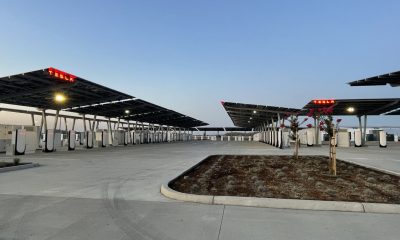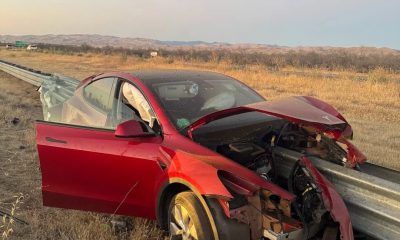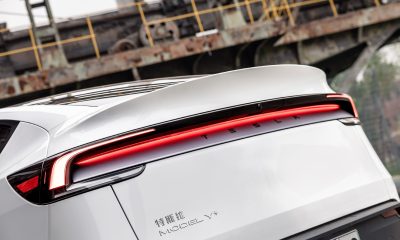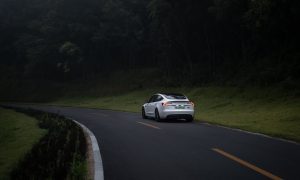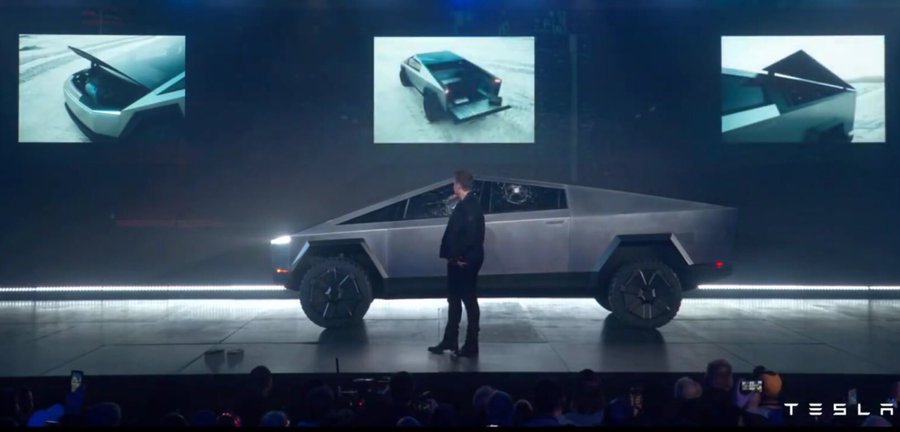

News
Tesla on hold as Texas court debates Cybertruck factory impact on taxpayers
Texas county officials where Tesla is seriously considering a Cybertruck factory are still debating over an incentive package to help bring the electric carmaker to the Lone Star State.
After two nights of discussion on the pros and cons of the move, the Travis County Commissioners Court has again postponed a vote on the matter to a date next week; however, from the recent comments, it’s clear that while many local executives and business leaders are optimistic about the economic benefits of Tesla’s presence, they have concerns about taxpayers and worker benefits.
During the Court’s session on July 7th, itself a continuation of a discussion on the matter in the prior week, several community call-ins indicated a wariness towards large employers that may not have the local taxpayers and employees’ best interest at heart.
“We are enthusiastic about companies that would like to come and take advantage of our vibrant culture and economy. With regard to Tesla, we’d like to affirm they are welcome, and that as long as they are spending their own money they are welcome to come on their own terms. If, however, they want local taxpayers to help pay for their move, the county needs to hold Tesla accountable to the same standards that it holds itself accountable to. In particular…a livable minimum wage,” commented Michael Floyd, a leader within the All Saints’ Episcopal Church in central Texas.
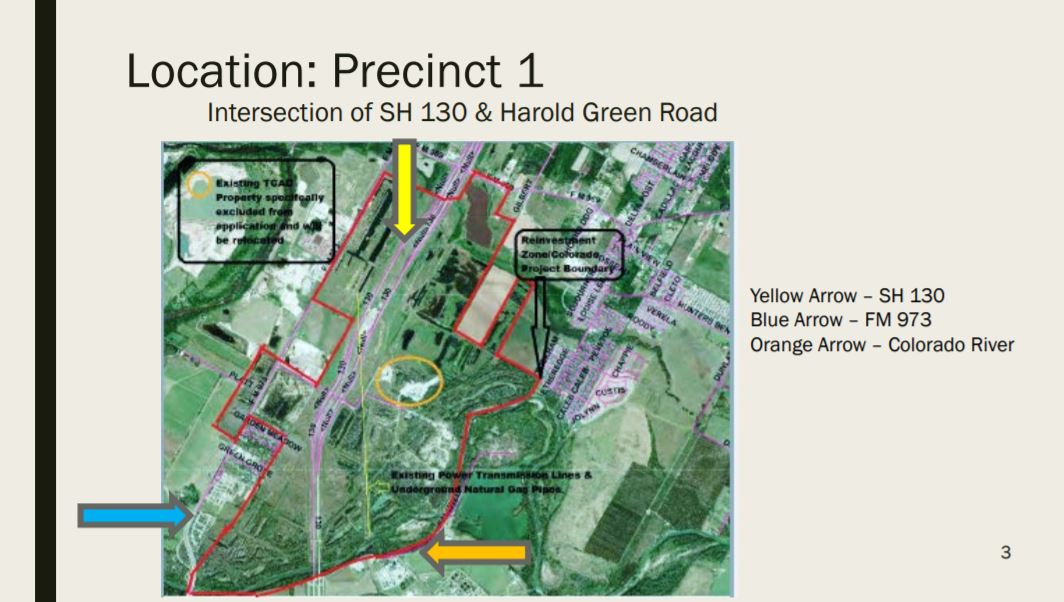
Jessica Wolff, deputy policy director for Workers Defense Project added, “Tesla has said that they will provide 5,000 middle skilled jobs. Our community needs more transparency. We need specifics. What types of jobs? How many will be temporary vs. permanent? What are the starting wages and benefits each will receive?”
Notably, Tesla seems to have provided fairly specific wage and benefit information in a presentation considered by the Travis County Court on June 23rd this year. Tesla’s impact on the Reno, Nevada community surrounding Gigafactory 1 could also be a positive testament to the carmaker’s potential benefit to Texas.
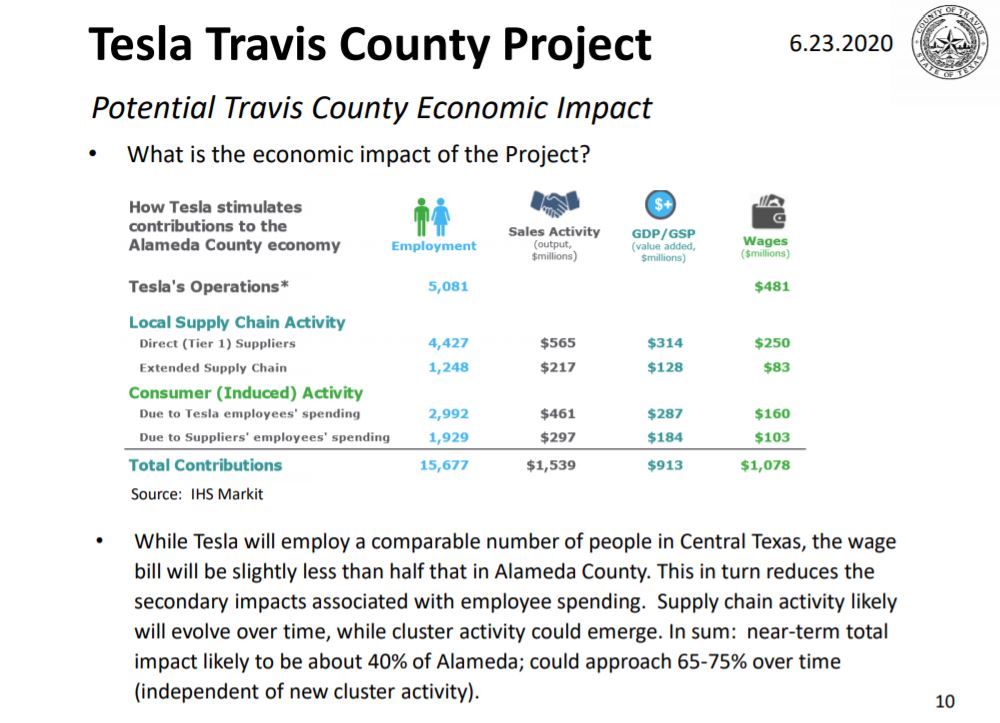
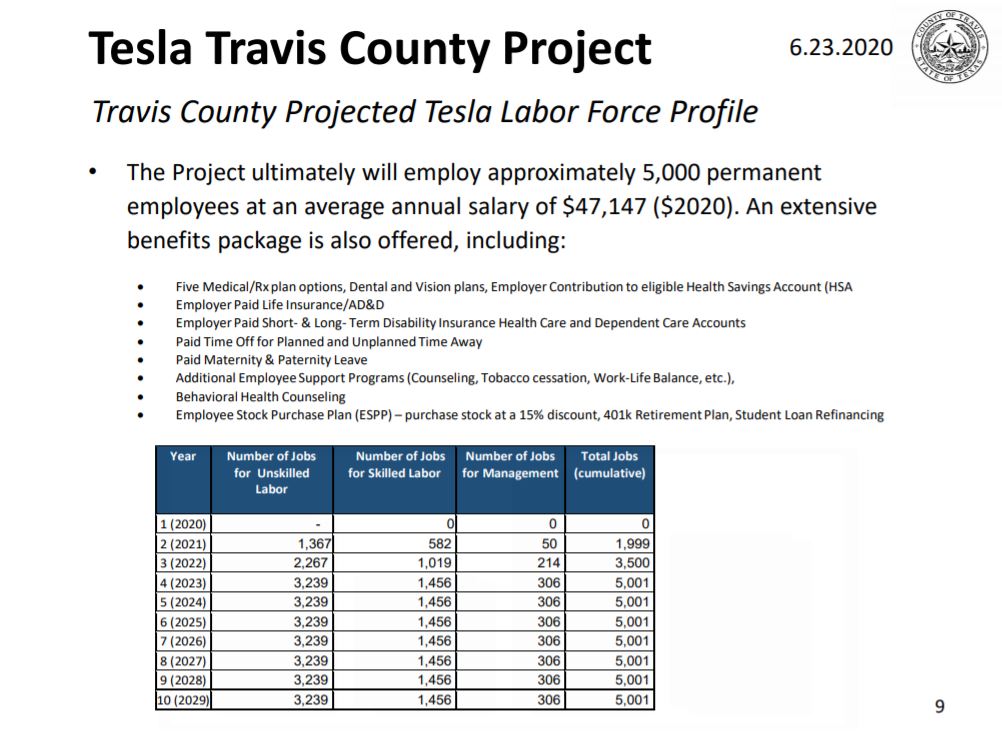
Manuel Quinto-Pozos, representing the UAW and himself as an employment lawyer, agreed with Wolff’s comments and requested that Tesla expands on its concerns with previously discussed building standards. Jeremy Hendricks, representing local construction labor unions, also requested complete transparency in the onboarding process to ensure minimal pay and safety for workers. On a more negative note, caller Juan Bellman was completely opposed to any incentives being offered by the community. “I wanted to oppose Tesla receiving any economic development incentives,” he said bluntly. “As mentioned, I went to Travis High School and I know that my community does not need a multi-billion [dollar] company coming and receiving those taxes that I know the community needs more than them.”
The Court reconvened on July 8th where the call-in comments were more enthusiastic about the economic prospects from Tesla’s presence.
“I’m calling to urge you to approve this deal and bring Tesla to the region,” rallied executive director Ed Latson of Austin Regional Manufacturers Association (ARMA). “We think it’s an extraordinary opportunity, a political win, a cultural win, and an economic win that we have never seen. This court has the opportunity to bring hundreds of millions of dollars of economic impact to a region that has been neglected economically…[and]…impacted negatively by the current economic conditions and really give them skills and a pathway to the middle class.”
The incentives being discussed are property tax rebates worth around $15 million dollars over the course of ten years. In addition to economic incentives from Travis County, Tesla is pursuing a school tax abatement request with the Del Valle Independent School District which would save the company around $50 million over the same ten year time period. Their application package has been submitted and approved, but the District’s Board has yet to take a vote on the matter. Tesla’s decision on whether to make the Austin area its new home may hinge on gaining these tax approvals and community resistance may also explain CEO Elon Musk’s continued consideration of Tulsa, Oklahoma as an alternative location.
The Travis County Court again postponed a vote on the incentives after the July 8th session, the judge indicating that another discussion would be held on July 14th.
News
Tesla opens massive solar Supercharger station in California
The Supercharger opened to customers ahead of Fourth of July weekend, while Tesla continues phase two of construction on the site.
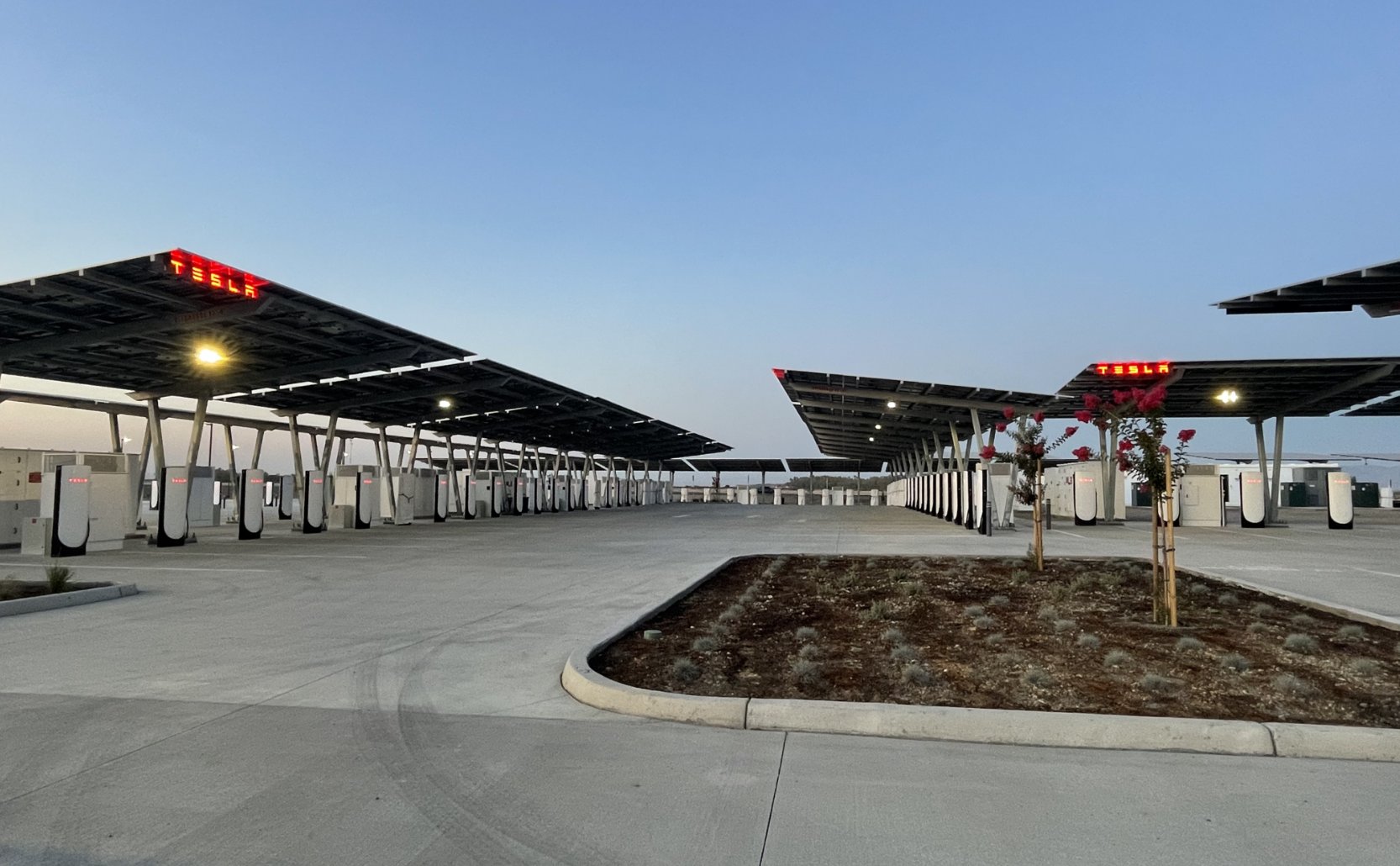
Tesla has officially launched the first several Supercharging posts at a massive station in California, notably including solar canopies and grid-scale batteries to offer completely renewable charging.
Last week, Tesla announced on X that it opened the first 84 Supercharger stalls of a planned 168-stall station in Lost Hills, California. Additionally, the massive Supercharger project features 11MW of solar canopies and 10 Megapack batteries for off-grid charging powered entirely by solar energy.
Tesla completed the first phase of the project just days ahead of the busy Fourth of July holiday weekend, adding that initial construction took just eight months. In addition to the remaining charging stalls, Tesla says it’s building a set of lounge areas, renderings of which can be seen below alongside current photos of the site.
Notably, the site also includes V4 charging posts for the company’s latest available charging speeds, and it’s located near the busy junction between I-5 and Highway 46 in Kern County.
“Thank you [Kern County] and [PG&E] for collaboration and approvals,” Tesla wrote in a follow-up post.
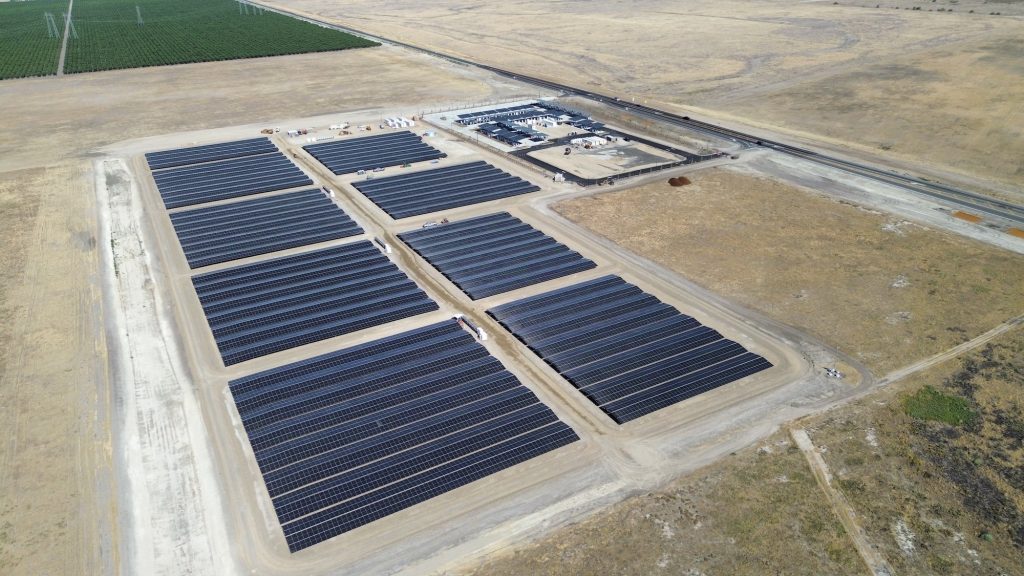
Credit: Tesla Charging | X
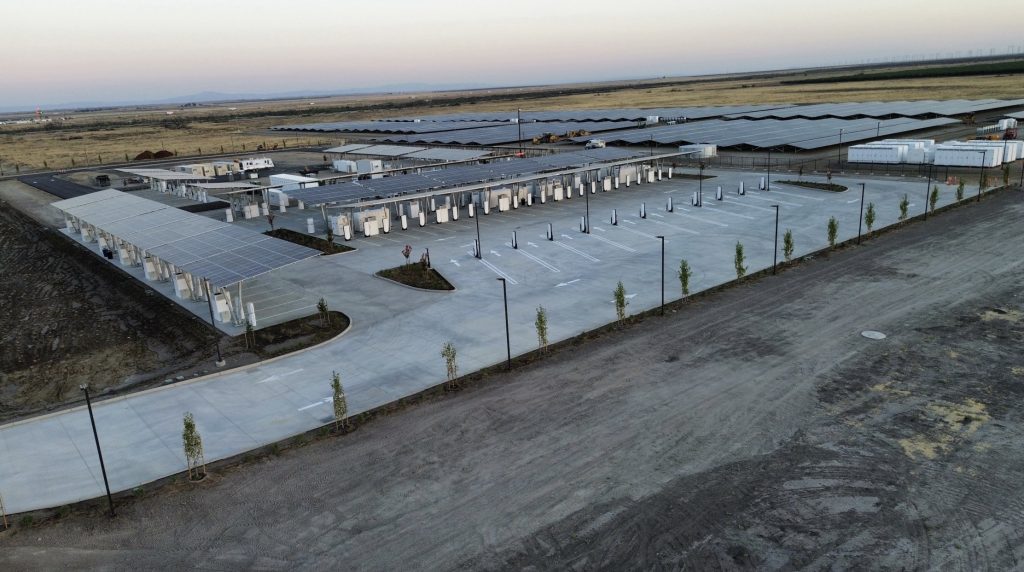
Credit: Tesla Charging | X
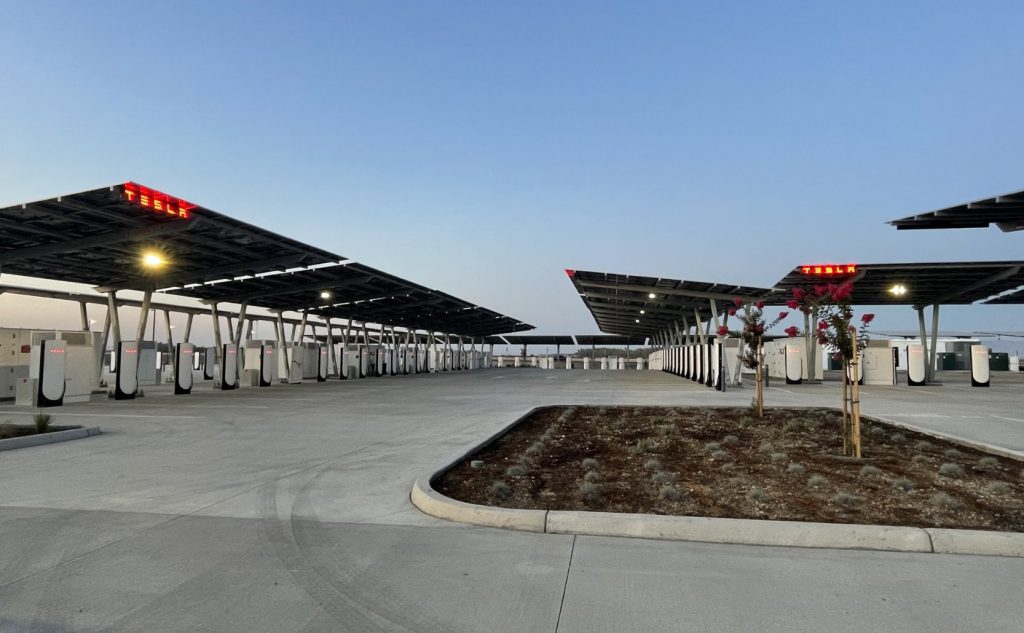
Credit: Tesla Charging | X
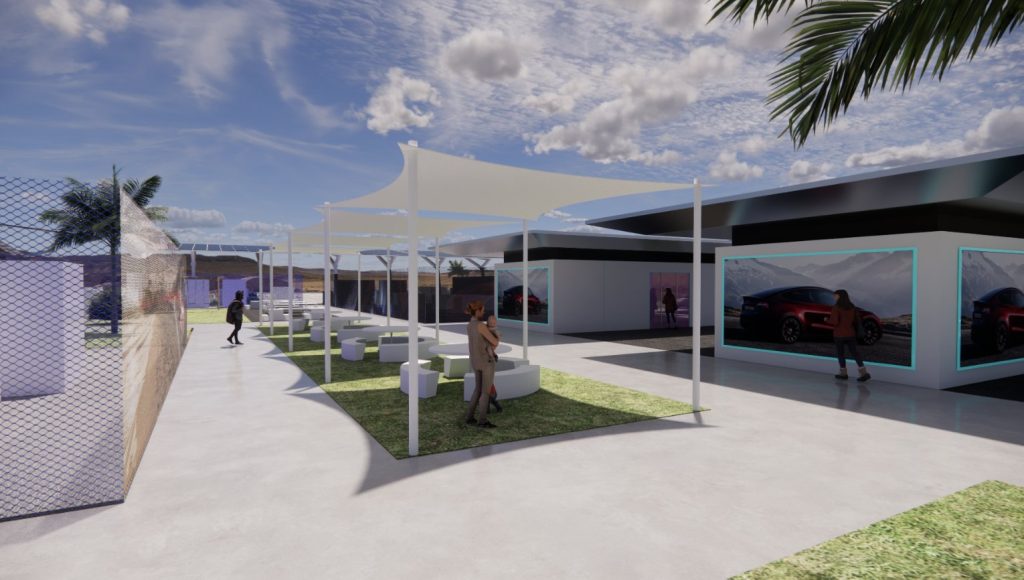
Credit: Tesla Charging | X
Tesla Supercharger Maps for North America, Europe, and Asia pic.twitter.com/0U5r0XRPyo
— TESLARATI (@Teslarati) July 2, 2025
READ MORE ON TESLA SUPERCHARGERS: Tesla launches ultra-fast V4 Superchargers in China for the first time
Testing at the LA Diner, plus Musk update on potential Tesla solar Gigafactory
The huge Tesla Supercharger station completed phase one of construction fairly quickly, especially given how long Tesla has been working on its unique Los Angeles diner, drive-in, and Supercharger location. Still, the company was seen performing some testing at the nearly-completed charging station earlier this month, and will reportedly be holding a job fair.
Elon Musk also responded on Monday morning to a post on X, suggesting that Tesla is “thinking about” building a U.S.-based solar Gigafactory in order to help support increased power needs with AI growth, and to bolster domestic solar production.
Tesla is building a new UFO-inspired Supercharger in the heart of Alien country
News
Tesla driver walks away from major accident with minor injuries
The driver sustained only minor injuries, and the exact cause of the crash remains under investigation.
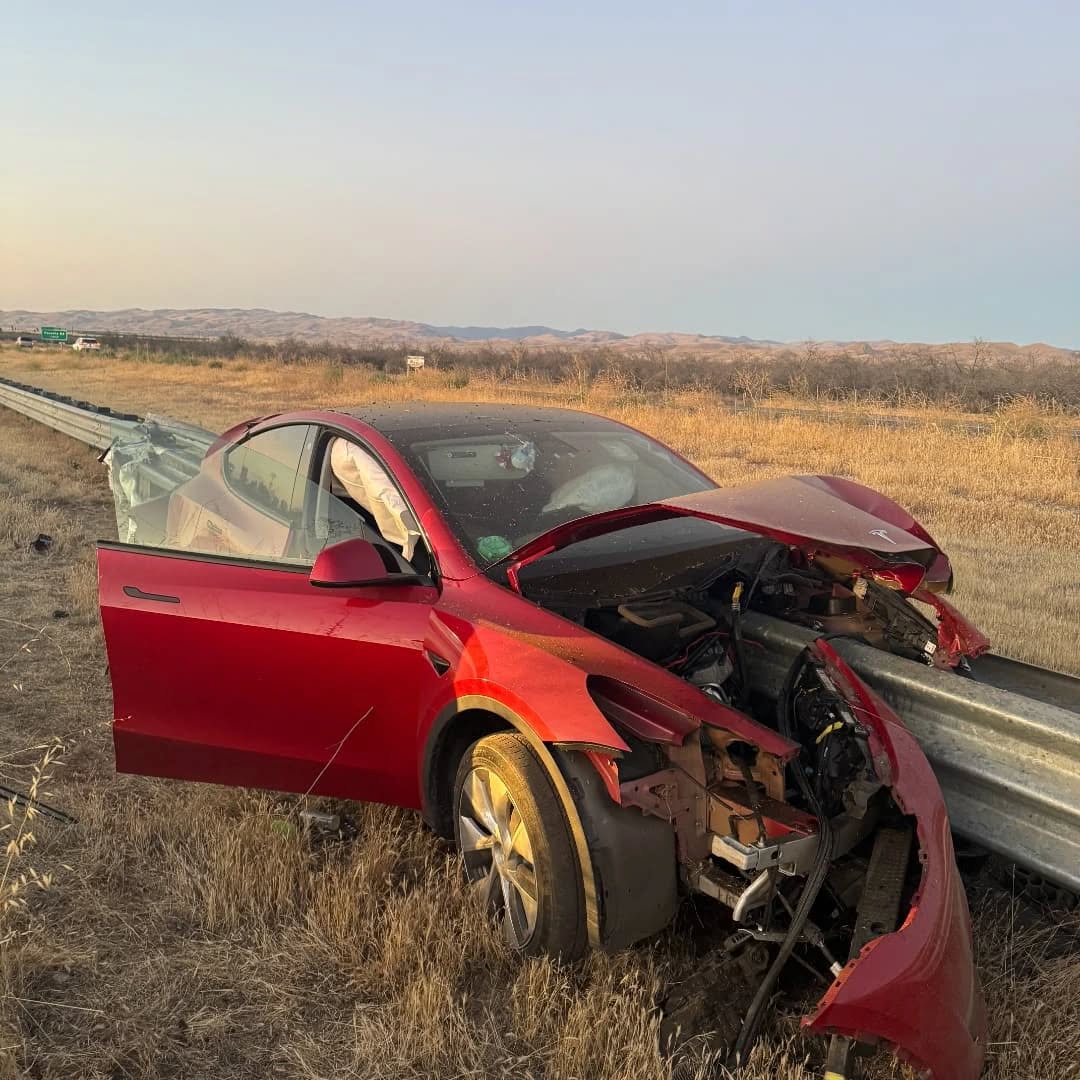
The driver of a Tesla Model Y survived and walked away from a harrowing accident on Monday in California, only sustaining minor injuries despite the vehicle being impaled by a guardrail.
On Monday morning around 4:34 a.m., the Los Banos division of the California Highway Patrol (CHP) responded to the accident on I-5 near Panoche Road, involving a 23-year-old in a Tesla Model Y. According to a post on social media, the driver veered off the road for unknown reasons in the northbound lane, before crashing directly into the guardrail and impaling the vehicle.
You can read the full message and photos from Los Banos CHP below, as were shared in a Facebook post on Monday afternoon.
This morning a Tesla model y was traveling in the #1 northbound lane of I-5 north of Panoche Rd. For unknown reasons driver allowed V-1 to veer off the roadway, travel through a dirt center divide, and crashed into the fixed metal guardrail. Lucky for the driver he only sustained minor injuries and was able to walk away. Driving a vehicle requires 100% attention to the road. Avoid distractions and focus on driving.
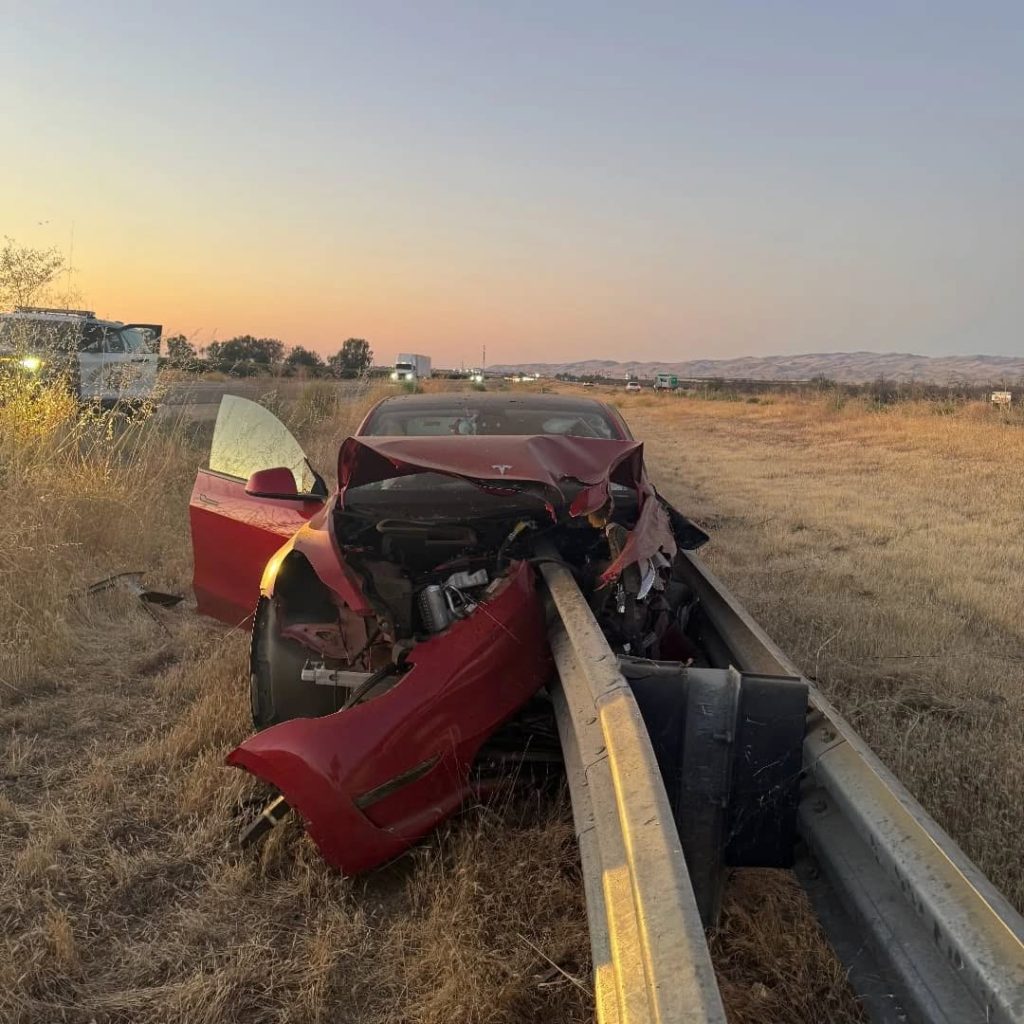
Credit: CHP Los Banos (via Facebook)
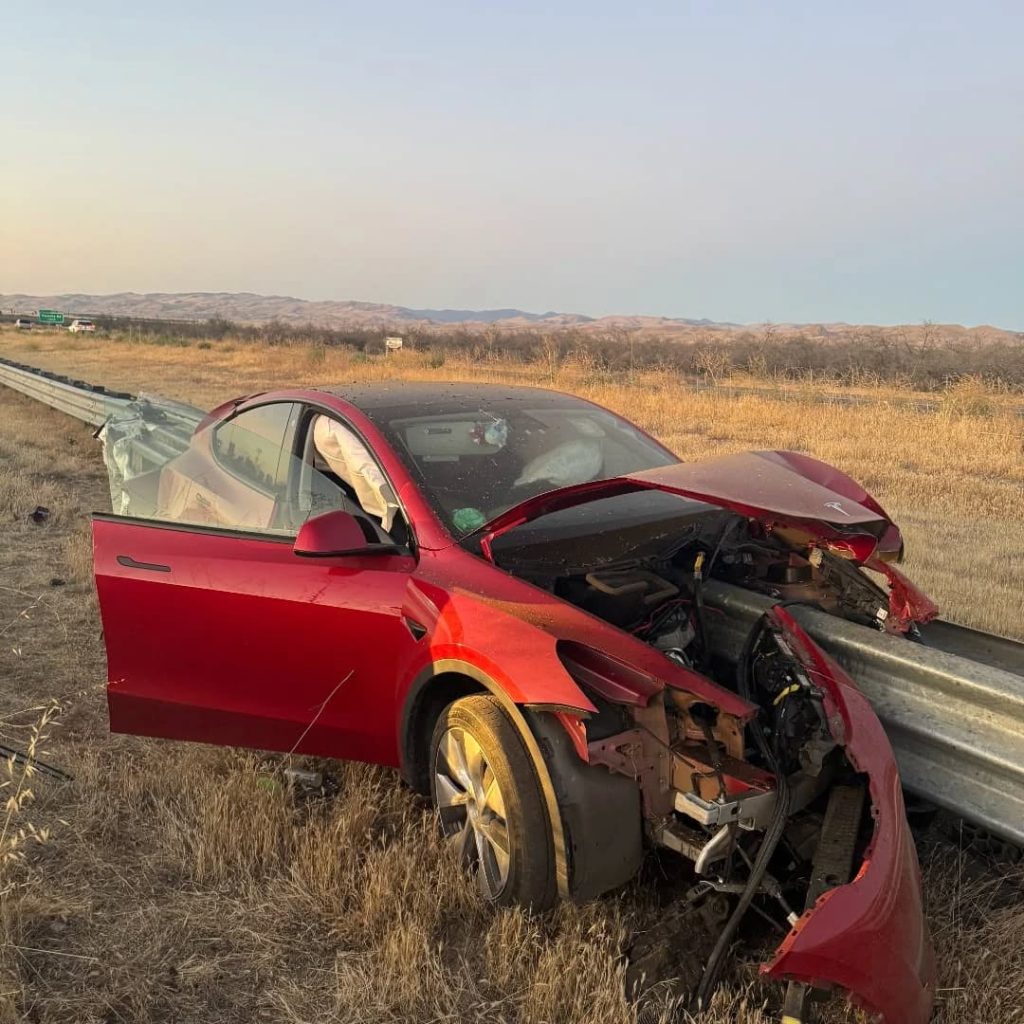
Credit: CHP Los Banos (via Facebook)
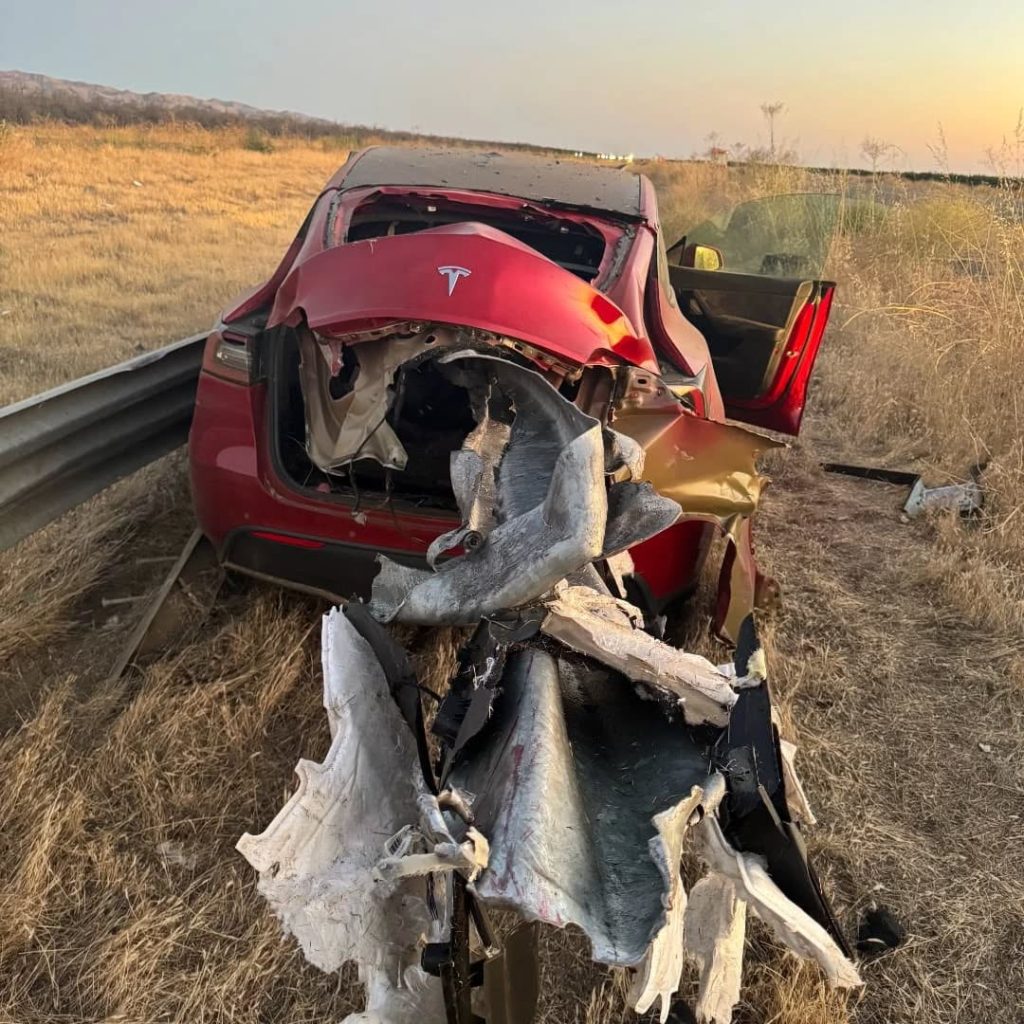
Credit: CHP Los Banos (via Facebook)
In a statement to SFGate, CHP officer Myles Anderson said that the driver only sustained minor injuries, while no arrests are made and drugs and alcohol are not suspected to have been involved. The report also notes that Tesla’s “cruise control and lane assistance features” were activated, according to Anderson. However, it’s not entirely clear if this is referring to Supervised Full Self-Driving (FSD), or to the cruise control and lane assist features baked into Autopilot.
At the time of writing, CHP has not yet responded to Teslarati’s request for clarification and additional details on the matter.
Tesla Crash Safety Ratings across its lineup: pic.twitter.com/ny30R7ceji
— TESLARATI (@Teslarati) July 1, 2025
READ MORE ON TESLA SAFETY: Tesla rolls out crucial new safety feature aimed at saving children
The news comes after Tesla has touted its vehicles as incredibly safe for many years. In December, for example, the company highlighted receiving top safety scores from regulators on four different continents throughout the world, including from the National Highway Traffic Safety Administration (NHTSA) and the Insurance Institute of Highway Safety (IIHS) in the U.S.
Tesla has also listed the goal of making its vehicles the safest on the road throughout the years, both in the overall design of its vehicles and in its Autopilot and Full Self-Driving (FSD) programs.
Tesla Model 3 ranks as the safest new car in Europe for 2025, per Euro NCAP tests
Investor's Corner
Cantor Fitzgerald maintains Tesla (TSLA) ‘Overweight’ rating amid Q2 2025 deliveries
Cantor Fitzgerald is holding firm on its bullish stance for the electric vehicle maker.

Cantor Fitzgerald is holding firm on its bullish stance for Tesla (NASDAQ: TSLA), reiterating its “Overweight” rating and $355 price target amidst the company’s release of its Q2 2025 vehicle delivery and production report.
Tesla delivered 384,122 vehicles in Q2 2025, falling below last year’s Q2 figure of 443,956 units. Despite softer demand in some countries in Europe and ongoing controversies surrounding CEO Elon Musk, the firm maintained its view that Tesla is a long-term growth story in the EV sector.
Tesla’s Q2 results
Among the 384,122 vehicles that Tesla delivered in the second quarter, 373,728 were Model 3 and Model Y. The remaining 10,394 units were attributed to the Model S, Model X, and Cybertruck. Production was largely flat year-over-year at 410,244 units.
In the energy division, Tesla deployed 9.6 GWh of energy storage in Q2, which was above last year’s 9.4 GWh. Overall, Tesla continues to hold a strong position with $95.7 billion in trailing twelve-month revenue and a 17.7% gross margin, as noted in a report from Investing.com.
Tesla’s stock is still volatile
Tesla’s market cap fell to $941 billion on Monday amid volatility that was likely caused in no small part by CEO Elon Musk’s political posts on X over the weekend. Musk has announced that he is forming the America Party to serve as a third option for voters in the United States, a decision that has earned the ire of U.S. President Donald Trump.
Despite Musk’s controversial nature, some analysts remain bullish on TSLA stock. Apart from Cantor Fitzgerald, Canaccord Genuity also reiterated its “Buy” rating on Tesla shares, with the firm highlighting the company’s positive Q2 vehicle deliveries, which exceeded its expectations by 24,000 units. Cannacord also noted that Tesla remains strong in several markets despite its year-over-year decline in deliveries.
-

 Elon Musk1 week ago
Elon Musk1 week agoTesla investors will be shocked by Jim Cramer’s latest assessment
-

 News2 weeks ago
News2 weeks agoTesla Robotaxi’s biggest challenge seems to be this one thing
-

 News2 weeks ago
News2 weeks agoWatch the first true Tesla Robotaxi intervention by safety monitor
-

 Elon Musk1 week ago
Elon Musk1 week agoA Tesla just delivered itself to a customer autonomously, Elon Musk confirms
-

 News2 weeks ago
News2 weeks agoTesla Robotaxi rollout proves that Elon Musk still delivers, even if it’s late
-

 Elon Musk2 weeks ago
Elon Musk2 weeks agoElon Musk confirms Tesla Optimus V3 already uses Grok voice AI
-

 Elon Musk2 weeks ago
Elon Musk2 weeks agoxAI welcomes Memphis pollution results, environmental groups push back
-
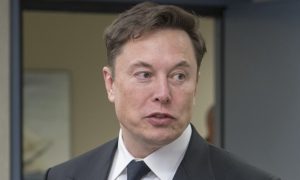
 Elon Musk2 weeks ago
Elon Musk2 weeks agoElon Musk commends Tesla team on successful Robotaxi launch


